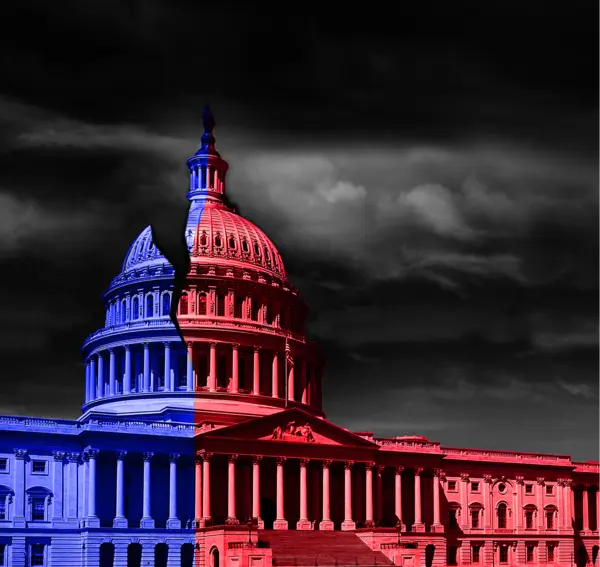Nurturing Civil Discourse During Elections: A Guide for Educators
In today’s politically charged atmosphere, educators face a unique challenge: fostering civil discourse during elections. As shapers of future citizens, we have a responsibility to model and teach respectful dialogue, even when discussing contentious topics.

The Crucial Role of Civil Discourse in Education
Civil discourse is more than polite conversation; it’s the foundation of a healthy democracy. For educators, promoting this skill serves several vital purposes:
- It creates an inclusive learning environment for students of all backgrounds and beliefs.
- It develops critical thinking and empathy – essential skills for future leaders.
- It prepares students for constructive participation in a diverse society.
During elections, when tensions often run high, maintaining civil discourse becomes both more challenging and more necessary.
Strategies for Promoting Civil Discourse
In the Classroom
- Establish Clear Guidelines: Collaboratively create a class agreement outlining expectations for respectful dialogue.
- Enhance Media Literacy: Teach students to distinguish between fact and opinion, and to identify reliable sources.
- Encourage Evidence-Based Arguments: Assign projects that require students to support their views with credible sources.
- Implement Structured Debates: Use formats like Oxford-style debates to explore issues deeply and fairly.
- Practice ‘Steelmanning’: Teach students to articulate opposing viewpoints in their strongest form before critiquing them.
Among Colleagues
- Lead by Example: Model civil discourse in faculty meetings and professional development sessions.
- Create Safe Spaces for Dialogue: Establish forums where educators can discuss political issues respectfully.
- Develop a School-Wide Approach: Collaborate on a unified strategy for addressing political topics across all subjects.
Addressing Challenges in Civil Discourse
Managing Emotional Responses
- Teach Emotional Intelligence: Help students recognize and manage their reactions to political topics.
- Use ‘Cool-Down’ Strategies: Implement techniques like brief reflection or journaling to calm heightened emotions.
Combating Misinformation
- Foster a ‘Fact-Checking’ Culture: Encourage students and colleagues to verify information before sharing.
- Teach Source Evaluation: Provide tools for assessing the credibility of news sources and social media content.
Navigating Personal Biases
- Acknowledge Your Own Biases: Model self-reflection and openness to changing views based on new information.
- Invite Diverse Perspectives: Bring in guest speakers or resources that represent various political viewpoints.
Promoting Civic Engagement While Maintaining Neutrality
As educators, it’s crucial to encourage political engagement without endorsing specific candidates or parties:
- Organize non-partisan voter education initiatives
- Facilitate student-led civic projects addressing local issues
- Invite local officials from different parties to discuss civic participation
The Broader Impact of Educators' Efforts
When educators successfully foster civil discourse during elections, the effects extend beyond the classroom:
- Students carry these skills into their homes and communities
- Parents and community members are influenced by the respectful dialogue modeled in schools
- The overall political climate can gradually shift towards more constructive engagement
Promoting civil discourse during elections is not just an educational best practice – it’s a civic duty. By creating environments where respectful dialogue thrives, educators play a pivotal role in strengthening our democracy.
As we approach this election season, let’s commit to nurturing civil discourse in our classrooms, schools, and communities. The way we engage in political discussions today shapes the democratic landscape of tomorrow. By emphasizing respect, critical thinking, and open-mindedness, we can help create a more informed, engaged, and civil society.
Bridget Johnson
Looking for support in a community of student life professionals?
Look no further than the Deans' Roundtable Community
- Network with a vast directory of student life professionals like yourself
- Gain a multitude of professional development opportunities to be the best version of yourself
- Gather expert advice on the important questions you need answered

